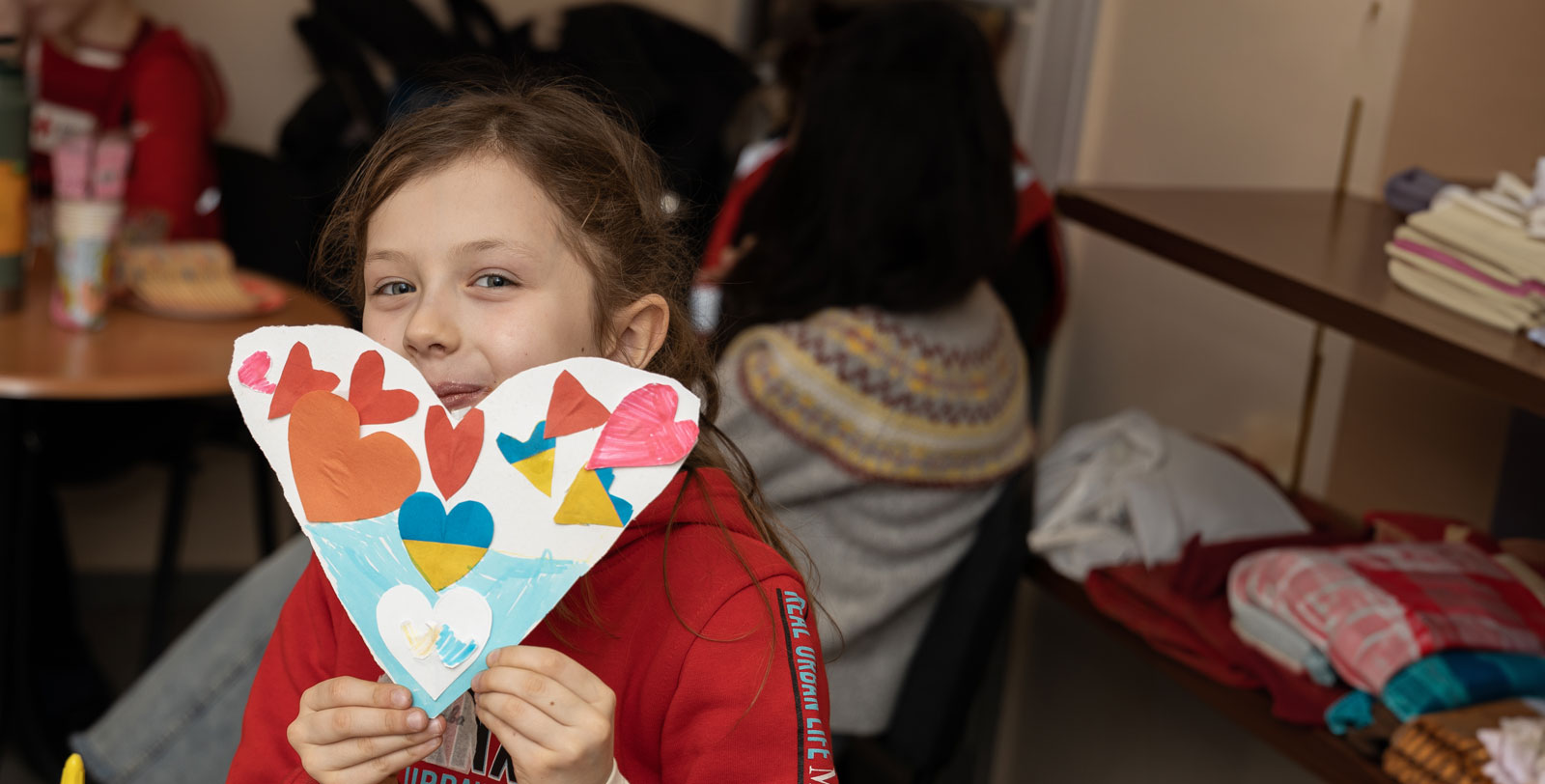
Stay connected with psychosocial support and the latest news and events
The Red Cross Red Crescent (RCRC) Movement MHPSS Hub (MHPSS Hub) is dedicated to advancing mental health and psychosocial support (MHPSS) throughout the RCRC Movement. Hosted by the Danish Red Cross, the Hub collaborates with National Societies, the International Committee of the Red Cross (ICRC), the International Federation of Red Cross and Red Crescent Societies (IFRC), as well as international humanitarian organizations and academic institutions. By uniting expertise from across the Movement and beyond, we help build stronger, more resilient communities better equipped to cope with crises and recover from adversity.
Red Cross Red Crescent Movement MHPSS Hub
Hejrevej 30, st.
2400 Copenhagen NV
Denmark
Site language:
